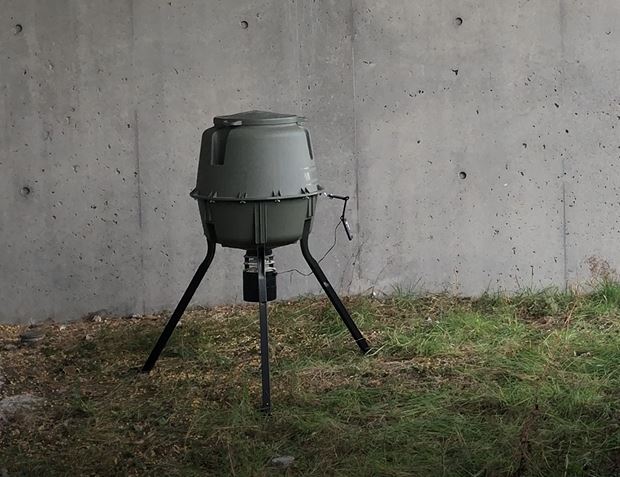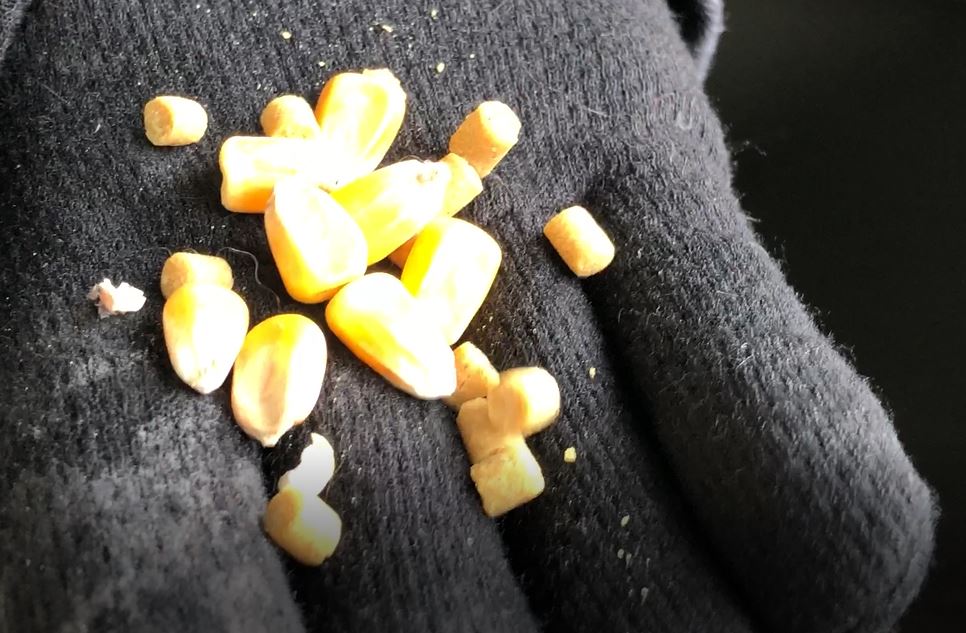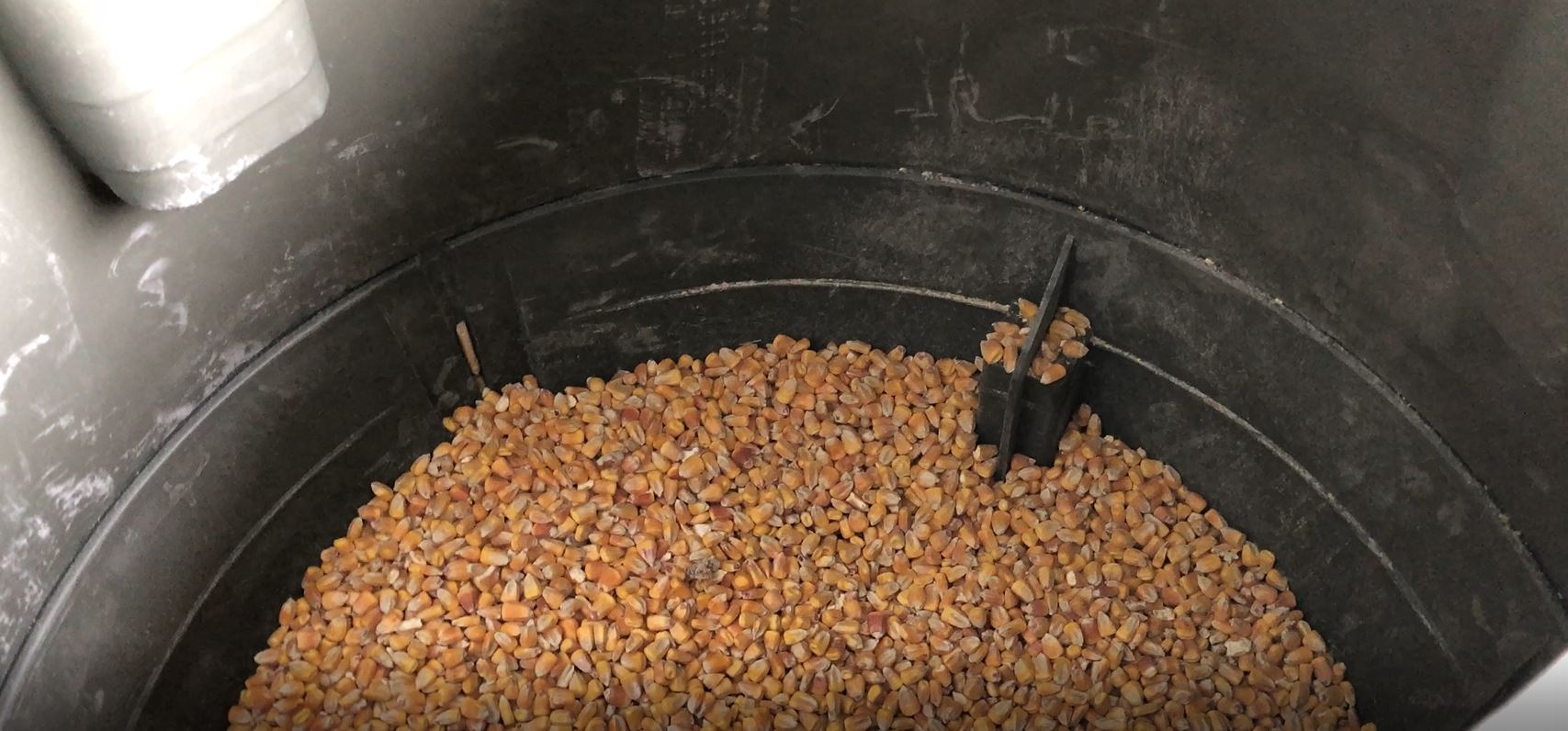Pilot project introduces birth control for pigeons at SkyTrain’s VCC–Clark Station
Pilot project introduces birth control for pigeons at SkyTrain’s VCC–Clark Station
Pigeons are a nuisance in most cities. Not only are their droppings messy, but for an automated rapid transit system like SkyTrain, the birds can also put customer safety at risk.
Despite our best efforts to control them, they can trigger track intrusion alarms, causing our driver-less trains to brake automatically. These hard stops can lead to customer falls and unnecessary service delays as staff must investigate each delay before SkyTrain service can resume.
That’s why TransLink and BC SPCA are teaming up on an innovative pilot project at SkyTrain’s VCC–Clark Station to humanely reduce the pigeon population — using birth control!
You read that right. An automatic bird feeder at the station is now dispensing contraceptives called OvoControl. Pigeons that eat the bait pellets on a regular basis will not be able to fertilize eggs.
OvoControl is a non-toxic, effective, and humane contraception that has been successfully used in other cities to control pigeon populations.
Pigeons can breed rapidly but their urban lifespans are short. With fewer new pigeons born, the pigeon population around SkyTrain stations will reduce naturally and cause fewer operational issues.
Studies have shown a reduction between 50 and 90 per cent in OvoControl-managed pigeon populations. This method uses a pigeon feeder that dispenses bait pellets and cracked corn and is designed to attract pigeons’ natural behaviours and feeding patterns.
This project is just another way TransLink’s creatively tackling Vancouver’s pigeon problem. Last year, we launched a falconry project to bring in predatory birds such as falcons and hawks to our most pigeon-populated stations to change the habits of the pigeons and deter them from returning.
We also install netting at stations to stop birds from getting into empty spaces and set up spikes and strips to deter pigeons from roosting on flat surfaces.
TransLink customers and the public can help too by not feeding the birds. Outside foods sources encourage birds to roost inside stations and can draw pigeons away from the contraceptive pellets.
It is vital for the success of the project that people stop feeding pigeons in this area. They must eat their daily dose (5g/bird) for the contraceptive to work.
“We are happy TransLink is ready to partner with us and research what could be a very effective and humane long-term solution,” says Sara Dubois, PhD, Chief Scientific Officer with the BC SPCA.
OvoControl has been approved for use by Health Canada and only has contraceptive effects in birds. This TransLink and BC SPCA partnership is supported by the Wildlife Rescue Association and Vancouver Humane Society.
The two-year pilot may be expanded to eight other stations if successful at VCC-Clark.









This has probably been addressed during the experimentation process, but just in case: it said the contraceptive affects birds only, which is why I’m concerned for the other bird species besides pigeons. What if other birds, such as owls or even endangered birds eat those? They wouldn’t be able to reproduce to maintain their species population.
How about actually enforce the bylaws and ticket the people who keep feeding the birds?? Or maybe the new stations shouldn’t be designed in such a way that makes it easy for the birds to gather around?
Translink should research how not to have those flat serfaces that are so inviting to nature for nesting. Not only pigeons nest in them. If the surfaces were not tgere all birds would not be nesting in the stations.
Why effect the natural environment by making a species of birds infertile so that Translink can cut their costs instead of rectify their building projects. ??
So now sky train in having the birds killed by a pest company, great work sky train